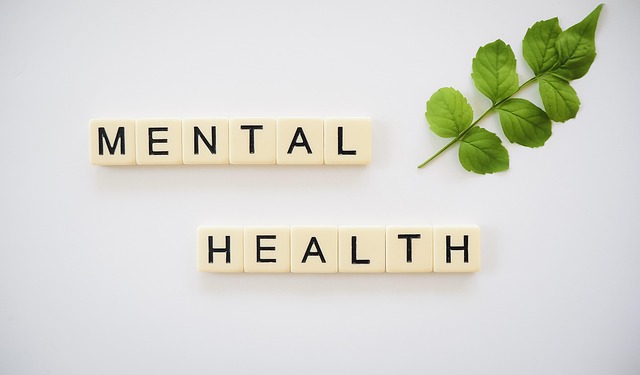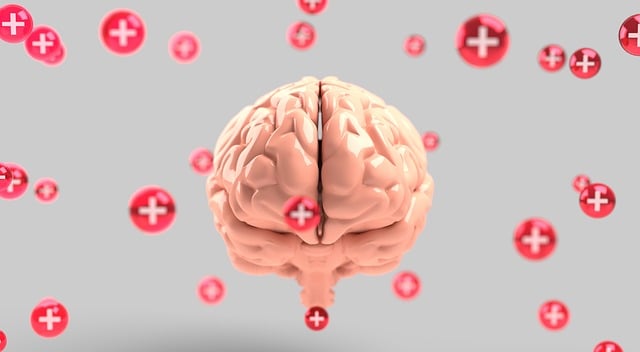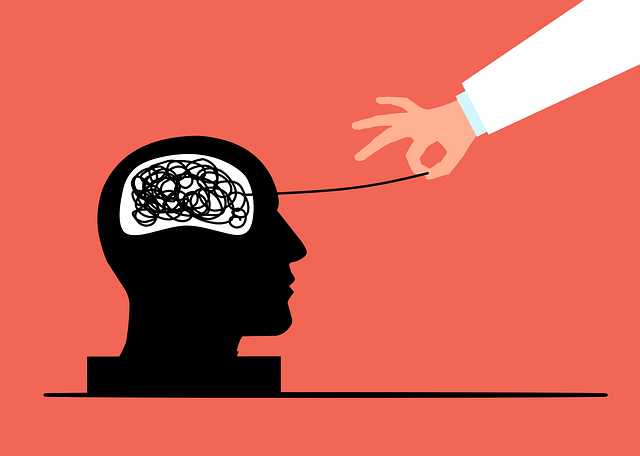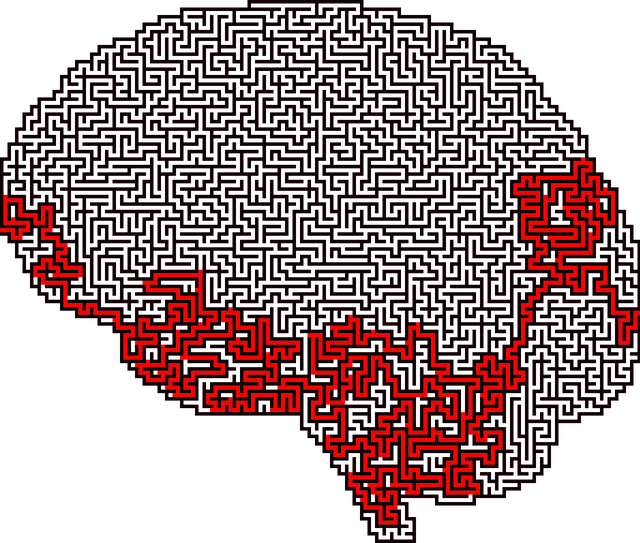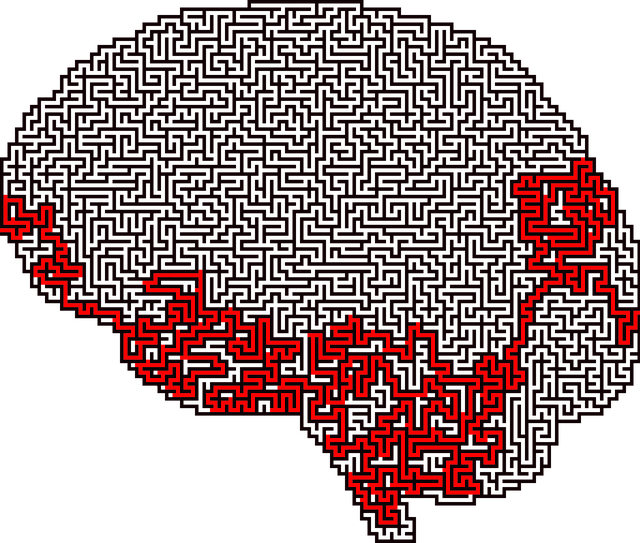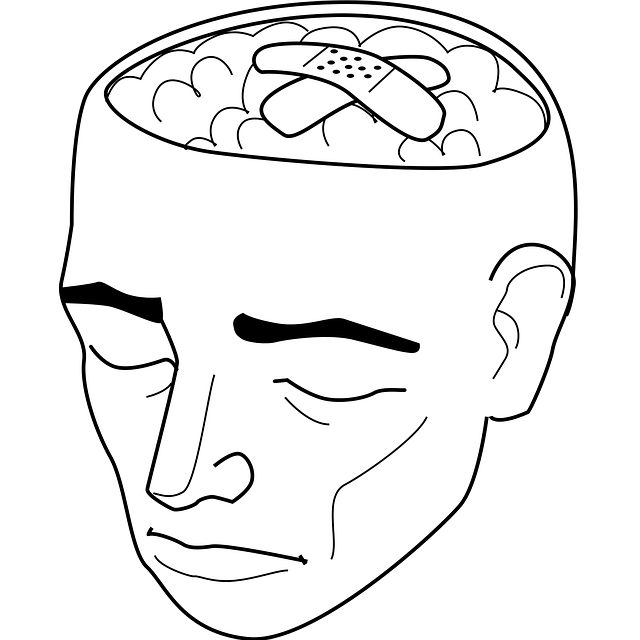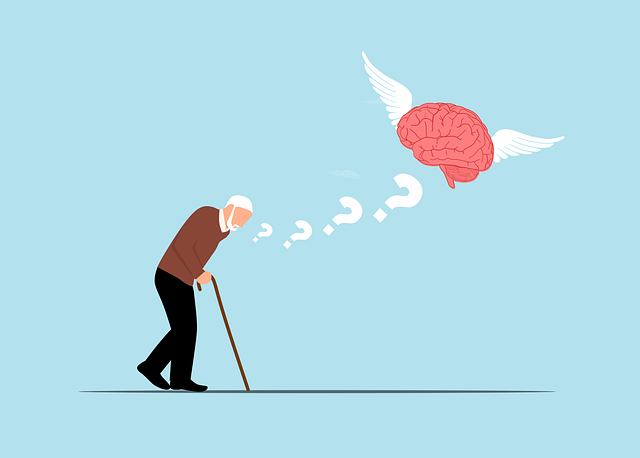Mental wellness apps tailored for young adults with ADD-ADHD must address unique challenges like stress management and depression through personalized interventions, including therapy access, stress reduction techniques, and depression prevention resources. These apps utilize digital tools for user-friendly assessments, interactive exercises, and community support, bridging care gaps and promoting early intervention. Incorporating evidence-based practices like CBT and mindfulness alongside cultural competency training enhances app effectiveness while ensuring secure data handling to build trust with this demographic. The future of these apps lies in balancing innovative technology with ethical standards for improved therapy accessibility and outcomes.
Mental wellness apps are revolutionizing therapy accessibility for young adults, offering innovative solutions to growing mental health concerns. This article explores the multifaceted world of app development in this domain, from understanding the unique mental health needs of young adults to leveraging technology for effective treatment. We delve into the potential of digital tools for ADD-ADHD evaluations, user-friendly design principles, and crucial ethical considerations shaping the future of therapy apps tailored to this demographic.
- Understanding Mental Health Needs of Young Adults
- The Role of Technology in Therapy: An App's Potential
- ADD-ADHD Evaluations: Digital Tools for Diagnosis
- Designing User-Friendly Mental Wellness Apps
- Privacy, Ethics, and the Future of Young Adult Therapy Apps
Understanding Mental Health Needs of Young Adults

Mental wellness apps have become increasingly popular, especially among young adults seeking support for their mental health. Understanding this demographic’s unique needs is paramount when developing such tools. Young adults often face challenges related to stress management and depression, which can be exacerbated by academic pressures, career aspirations, and social expectations. Many struggle with self-care routine development, making it crucial for apps to offer strategies tailored to these issues.
Therapy for young adults, particularly those with ADD-ADHD, plays a significant role in addressing mental health concerns. Evaluations and personalized interventions can help manage symptoms and improve overall well-being. Apps targeting this age group should incorporate features that facilitate access to therapy, promote stress-reducing techniques, and provide resources for depression prevention. By combining these aspects, developers can create comprehensive tools that cater to the mental wellness needs of young adults effectively.
The Role of Technology in Therapy: An App's Potential

In today’s digital era, technology plays a pivotal role in transforming therapy and mental wellness support, especially for young adults grappling with issues like ADD-ADHD. Apps designed for this purpose offer accessibility and convenience, making professional help more attainable. These applications can provide personalized programs tailored to individual needs, from self-care practices to cognitive behavioral therapy techniques. By leveraging interactive features, they foster engagement and adherence to treatment plans.
Furthermore, mental wellness apps have the potential to build communities by connecting users with like-minded individuals, enabling peer support and shared experiences. This social aspect can significantly enhance therapeutic outcomes, especially for young adults who often seek belonging and understanding. With community outreach program implementation, these apps can bridge gaps in access to care, promoting early intervention and improved mental health literacy among their target demographics.
ADD-ADHD Evaluations: Digital Tools for Diagnosis

In recent years, digital tools have emerged as powerful allies in the realm of mental wellness app development, particularly for conditions like Attention-Deficit/Hyperactivity Disorder (ADD-ADHD). These innovative applications offer accessible and convenient ways to assess and diagnose ADD-ADHD, filling a significant gap in traditional therapy for young adults. By incorporating interactive exercises and comprehensive assessments, apps can provide an initial screening, helping users and healthcare providers understand symptoms better. This is particularly beneficial for individuals who may face barriers to accessing clinical services, such as long waiting times or geographical constraints.
The development of these digital tools not only enhances access but also contributes to public awareness campaigns about ADD-ADHD. By making evaluations more accessible and user-friendly, apps can encourage early identification and intervention. Moreover, they can offer personalized recommendations for therapy and coping strategies tailored to individual needs, ensuring a more effective support system. Additionally, healthcare provider cultural competency training can be integrated into app development, promoting inclusive practices that consider diverse cultural perspectives on mental health.
Designing User-Friendly Mental Wellness Apps

In today’s digital age, the development of user-friendly mental wellness apps has become a game-changer in accessing therapy for young adults. These applications offer a convenient and accessible way for individuals to prioritize their mental health. When designing such apps, user experience (UX) should be at the forefront. Simple navigation, intuitive interfaces, and visually appealing designs can encourage users to engage consistently with their mental wellness tools. Many popular apps incorporate features like personalized mood tracking, mindfulness exercises, and even crisis intervention guidance to support young adults managing conditions such as ADD/ADHD.
By integrating evidence-based practices like compassion cultivation, developers can enhance app effectiveness. This might include incorporating meditation techniques or cognitive behavioral therapy (CBT) strategies into the app’s core functions. Additionally, a mental wellness podcast series production within the app can provide valuable educational content and community support. Such features collectively contribute to creating an inclusive environment that caters to diverse user needs, ensuring young adults receive tailored care and guidance for their journey towards better mental health.
Privacy, Ethics, and the Future of Young Adult Therapy Apps

As mental wellness apps gain popularity, particularly among young adults, privacy and ethical considerations become paramount. These apps often collect sensitive data related to users’ emotional states, behaviors, and even ADD-ADHD evaluations, making robust data protection measures indispensable. Developers must ensure secure storage and encryption of personal information to safeguard users from potential breaches or misuse. Transparency regarding data collection practices is crucial for building trust with young adults seeking therapy.
The future of therapy apps lies in balancing innovative digital solutions with evidence-based therapeutic techniques. Incorporating features that support Emotional Healing Processes and enhance Mental Health Awareness can revolutionize access to care. Furthermore, apps should offer tools for Stress Management, catering specifically to the unique challenges faced by young adults. By adhering to ethical guidelines and prioritizing user privacy, these digital platforms have the potential to significantly impact the accessibility and effectiveness of therapy for this demographic.
Mental wellness app development holds immense potential to revolutionize therapy for young adults, addressing critical issues like ADD/ADHD evaluations and overall mental health needs. As technology continues to evolve, these apps offer accessible, user-friendly solutions. However, navigating privacy concerns and ethical considerations is essential to ensure effective and safe therapy for this demographic. With the right approach, mental wellness apps can become powerful tools, fostering better mental health outcomes for young adults.
